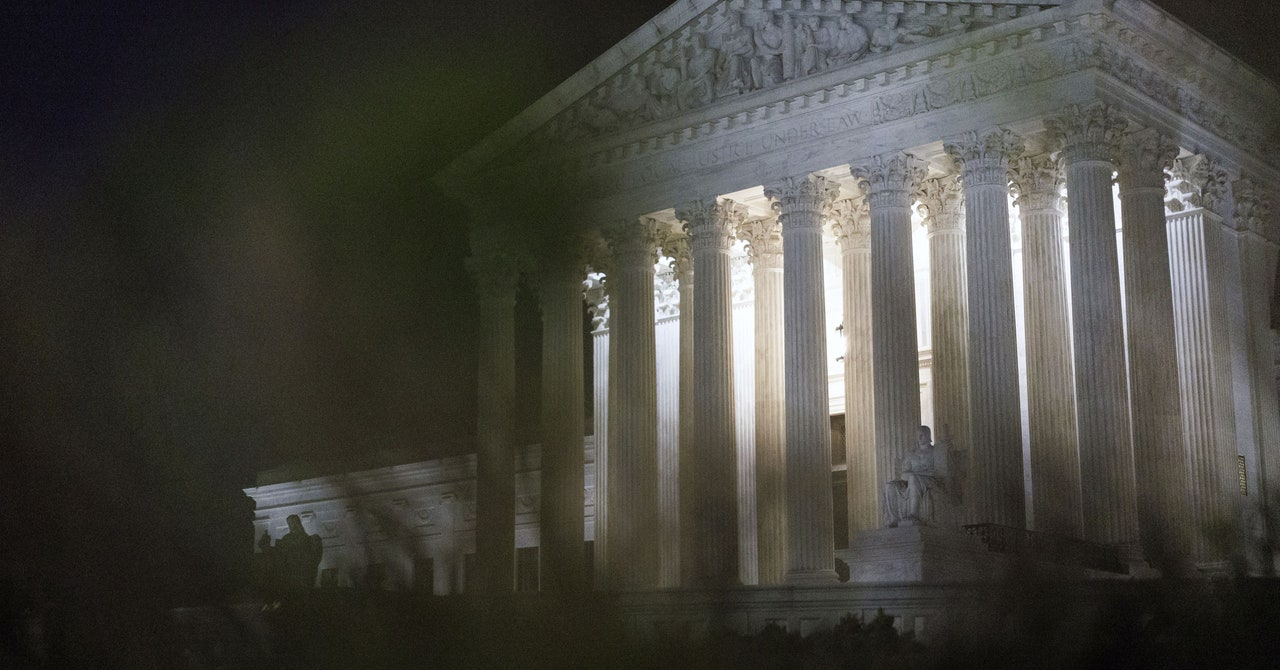In two weeks FBI agents raided a luxury Washington apartment building and arrested two men who allegedly spent years posing as Homeland Security officers, a case that continues to baffle even some of the nation’s most seasoned counterintelligence experts. Have US investigators stumbled upon an Iranian assassination plot or the case of two bozos whose alleged cosplay went horribly wrong?
Earlier this month, the FBI arrested Ariane Taherzadeh, 36, and Haider Ali, 40, for allegedly impersonating officers in the part of Immigration and Customs Enforcement that handles national security and customs investigations, known as Homeland Security Investigations ( HSI). . The alleged scheme, which lasted more than two years, was complex and would have been expensive.
According to the FBI’s 17-page arrest affidavit, Taherzadeh and Ali used their supposed connections to HSI to ingratiate themselves with real federal agents, including uniformed officers of the U.S. Secret Service and special agents from its presidential protection units, as well as other personnel from agencies such as the Naval Criminal Investigative Service.
Lawyers for Ali and Taherzadeh characterized the case against their clients as “absurd” and pushing “wild conspiracy theories”. Meanwhile, the judge overseeing the case, Magistrate Michael Harvey, last week refused a request by the Ministry of Justice to keep the two suspects in jail and played down the events, saying there was no evidence that classified information had been compromised. Harvey added that “there is no evidence of foreign connections in this case.” But counterintelligence experts say there is enough reason to suspect that the two men did not act alone – although the alleged behavior of the accused was so brazen and outlandish that it seems difficult to imagine that they were the vanguard of an elaborate conspiracy .
Most of all, however, the case underscores the vulnerability to foreign influence in the shadowy and sprawling law enforcement community in Washington, D.C., where 17 national intelligence agencies; dozens of private, local, state and federal police departments; and hundreds of military contractor firms mingle in an environment that values personal ambition and professional networks.
According to the court statements, Taherzadeh and Ali’s alleged scheme was revealed in March when a US postal inspector investigating an alleged near-miss attack on a postal carrier interviewed the two men, who identified themselves as part of a fictitious DHS unit they called the US Special Investigations Unit . After the postal inspector alerted DHS, the FBI went on the case. But their investigation, according to prosecutors, was still developing when the Secret Service, investigating its own personnel’s alleged involvement in the two men, made the mistake of contacting Taherzadeh, alerting him. This prompted the FBI to quickly arrest the men.




